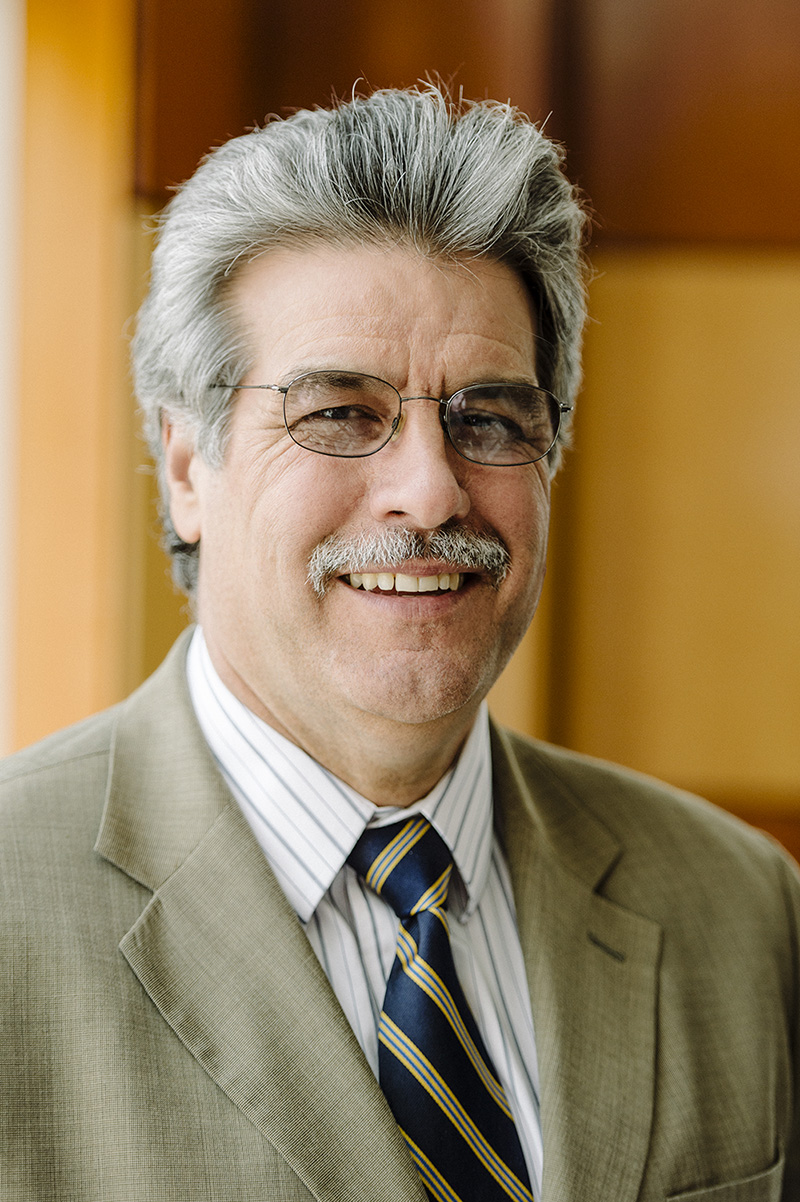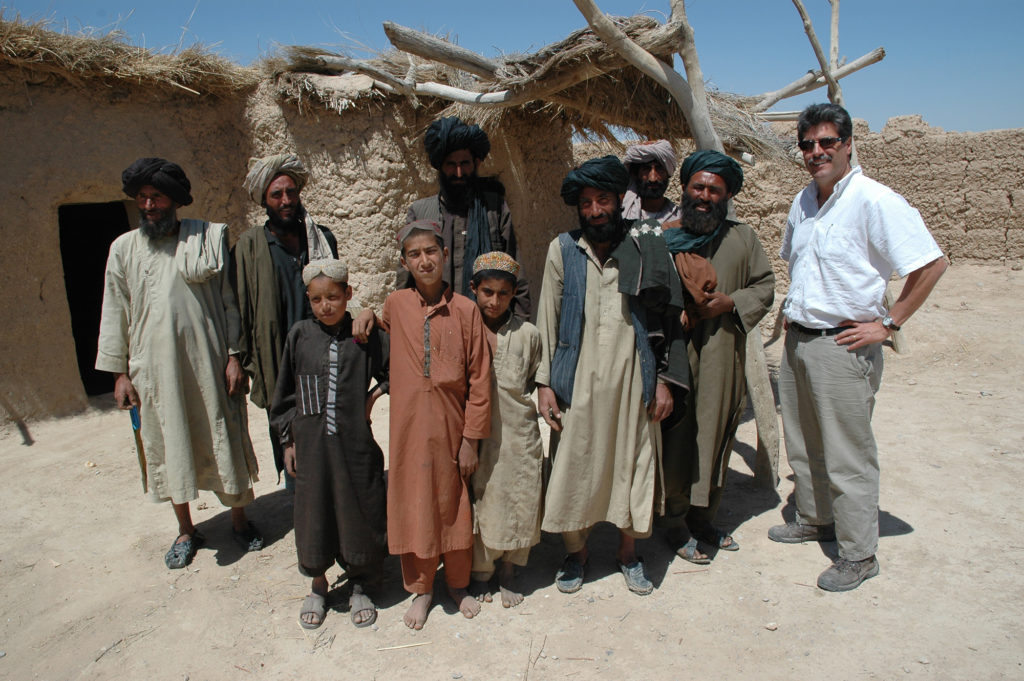
Dan Waddle, Senior VP, NRECA International
A drive to work for Dan Waddle could mean a trip to his office in Arlington, Virginia or to a meeting with government officials in Monrovia, Liberia to kick-off a new project. Like many on his staff, Dan’s job requires countless miles of travel, the expertise of a seasoned engineer, the dexterity of a politician, and the willingness to create and sustain relationships with our international partners that could last decades. Dan recently provided insight to the rewarding yet challenging environment in which NRECA International operates. With more than 35 years of experience under his belt, he discusses the unique challenges every developing country presents, his idea of compelling projects, and his belief that despite our success over the last 50 years, we still have a lot to learn.
Here are some highlights from the conversation:
Q: How does our co-op heritage affect the work we do overseas?
A: Our history dramatically influences what we do, but the practice and procedures are quite different.
International work requires a different set of skills but we draw upon the history and wisdom of the US cooperative program, and we adapt them for the specific circumstances in the environment in which we’re working.
Q: What is a recurring misconception you face?
A: There’s this idea that we in America have all the right answers, and our international counterparts do not. While they do need our help, there’s less truth to that than you would suspect. For example, the government of Uganda wants to radically expand electricity access, and we’ve been working with them for the past several years to conceptualize and implement a new strategy. They’ve had to make some hard decisions on how to expand infrastructure to provide electric service in rural areas where it’s not easy to make money. They are intelligent, motivated and are very forward thinking on how to achieve this. Our role is to use our experience to help them think through difficult decisions, and identify specific needs for a Uganda-specific solution.
Q: What other projects are we working on in Africa?
A: We are now in the position to help the government of Tanzania make a fundamental change on how to increase their electrification rates—it’s now at eight percent. This project is funded by the Millennium Challenge Corporation and they have the financial muscle to leverage policy changes. We have the opportunity to help the Tanzanian government recognize that making key changes in policy, planning practices and investment decisions can change the electrification landscape in a difficult environment that will last for a long time. This is a very compelling project.
Q: Do you seize the opportunity to work on every project that comes your way?
A: We have to be realistic about how these projects can be implemented and whether we have the staying power. When we choose to do a project, my perspective is that we take not just a financial obligation, but a moral obligation to that community. We have to decide, “Can we tell this community that we’re going to be by their side for the next three to five years?” We’ve worked with some communities for 30 years.
Q: The challenges your team faces seem immense. What keeps you going?
A: I like the process of learning. I know a lot more now than I did 25 years ago—I know more now about what works, and what doesn’t. But I don’t have all the answers. The job we’re doing is not getting easier, but in some ways the challenges are more exciting. We have to do our jobs extremely well, but even then, we may not succeed. At the end of the day, we have to mix innovation with practicality, and find solutions that work now and that will work over time. That’s the real challenge.
Q: What’s your favorite type of project?
A: I like the elegance of hydro projects. There is something about them that makes sense. People in communities have a sense of ownership with their natural environment. You still see it in American rural communities. People know the characteristics of their watershed. They know and understand how neighbors 500 miles away can impact their air quality. In developing countries, it’s the same. If there is a river or a lake, they own it. So if you are able to develop a power resource for them from their water it becomes part of their heritage.
Q: When did you first get interested in energy issues?
A: Since my mid-teens I’ve liked all kinds of machinery. I started working on cars and machinery when I was 14. I realized then that I really, really enjoyed it. I liked to understand how it works, I got into engineering, loved engineering design and still do, and I became intrigued with energy when I was in college.
Q: What are some of your most memorable moments?
A: In the early 90s, we started work in parts of Bolivia that had been ignored for centuries. The main reaction from the people there was, “Yeah, we’ve heard this before.” Building trust in that community was very difficult. About five years later, I was traveling in Bolivia to check on the program and stopped in a shop to get a soft drink. A woman came up to me and said, “I know who you are. You came here in 1992 and told us you were going to build a power system. We had many people like you who came before you. But you actually built the power system.” I told her that many people were involved but she said to me, “you actually built the project.” It was striking to hear that.
